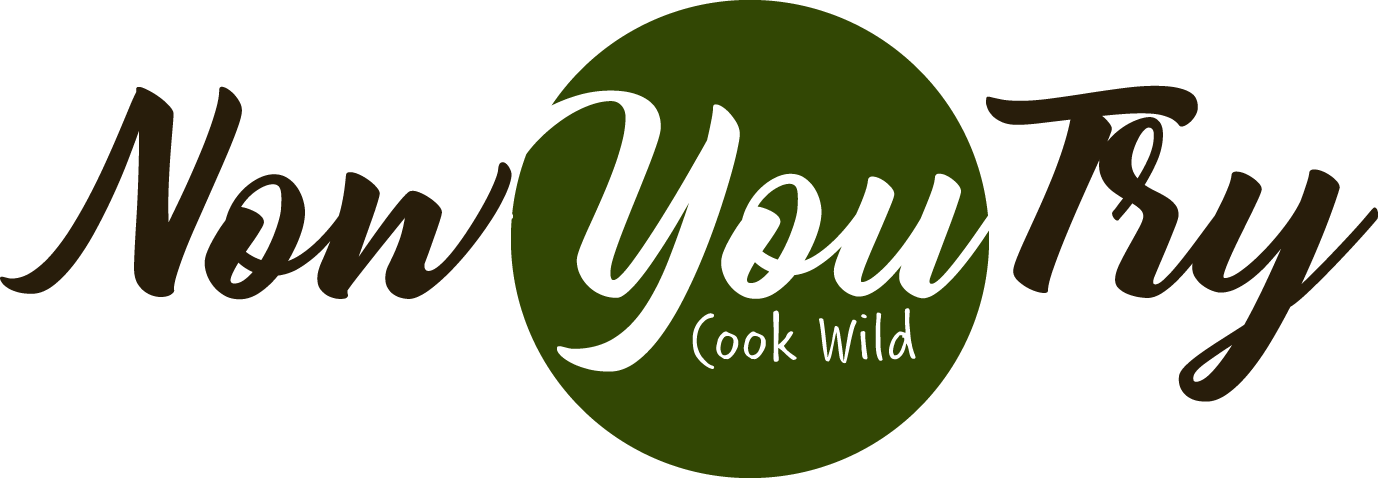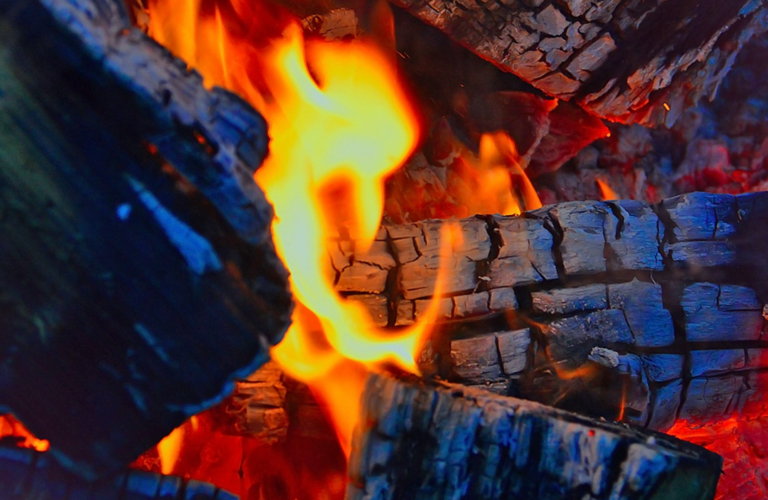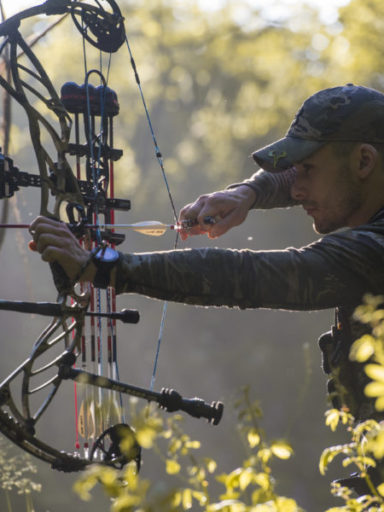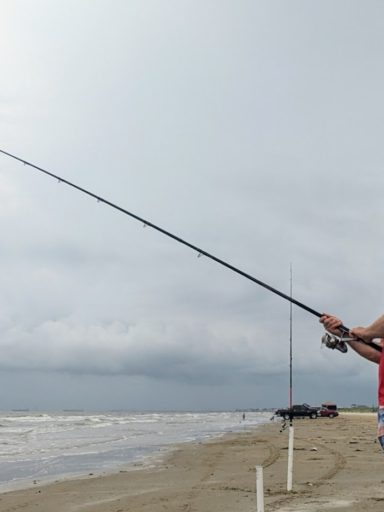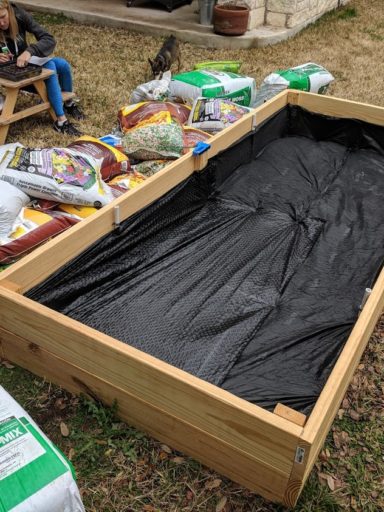In a way, it’s absurd that, as a species, we even have to consider our relationship with the outdoors. There is a robust four-billion-dollar industry devoted entirely to hiking and camping gear. That excludes the estimated forty million or so dollars spent by hunters on the seemingly endless list of tools, supplies, and gadgets. Entire industries, factories, and supply chains devoted simply to making the idea of being outside more comfortable or manageable. I certainly don’t want to presume what our ancestors would think of us. However, I think it might be safe to say that after convincing them that we were not magical deities, they would figure out that we were a much more fragile version of what they were.
What we consider “anatomically modern humans” appeared 30,000 to 50,000 years ago. While ape-like human ancestors have been traced back as far as 8 million years, it’s more important for this thought exercise to imagine organisms that look like, well, us. That being said, they still didn’t look entirely like we do today, but the most striking difference would be their lifestyle. They were mostly naked, dirty, and they had rudimentary shelters at best. Shelter was a means to escape dangerous weather or predatory animals. This was as much “comfort” as could be afforded a human in the upper paleolithic. Living in egalitarian hunter-gatherer groups, they used stone tools, hunted together, ate together, reared their children together, and slept together.

At night, they would gather around a fire and, using rudimentary (but rapidly developing) language, would recount the events of their day. Perhaps they vibrantly re-lived the day’s successful hunt. Perhaps they fretted about another restless night with no food. Maybe they told stories from days gone past, or even planned for the future. They sat, soft skin exposed to the night air; no claws, no fangs, no weapons beyond crude stone. Their only protection was the glow of the fire and their proximity to each other. The dark held the unknown, and the unknown was often looking for it’s next meal: eyes aglow, or fangs tipped with venom. No one dared venture beyond the edge of the firelight. Those who had done so had already likely perished millennia ago, proving unfit to be ancestors to anyone.
No wonder then, that when we go camping and sit below a night sky, we feel so at peace. The default position around a campfire, that no one has to be taught, is to sit encircling it, facing the fire and meeting the gaze of your companions.

No wonder that children create terrifying fantasies of fanged monsters in the dark, and seek the comfort of parents and nightlights. Even children who cannot yet read are comforted by the presence of loved ones speaking aloud to them, recounting the day or telling old stories or fantastic tales.
Living with fear stops us taking risks, and if you don’t go out on the branch, you’re never going to get the best fruit.
Sarah Parish
No wonder that a home with four walls, locking doors, climate control, and on-demand entertainment in every form is so enrapturing to us. Like sugar-rich foods that exploit our predilection for calorie-dense nourishment (“Eat it all, we don’t get this often in nature!”), so too the comforts of the indoors exploit our deep-seated desire safety and security. The outdoors may be fun and engaging, but deep down the human mind instinctively knows that there are risks. Where we begin to run into trouble is when we convince ourselves to mitigate risk down to zero, or as close as we can get to it.
For hundreds of thousands of years or more, human beings and our predecessors used shelter and comfort as an all-too-brief respite from lives full of danger, hardship, work, and risk. Just as they used whatever sweet, calorie-packed fruits and tubers they could find for a boost of energy, they used rest and relaxation to recharge, regroup, and bond.
There are risks and costs to action. But they are far less than the long range risks of comfortable inaction.
John F. Kennedy
I want you to try something next time you decide to go camping. Don’t just get there in order to set up next to your car, get a fire going, eat, drink and sleep. Give yourself some work to do. Do it with family and/or friends. Organize a challenging hike; gather firewood and start it without modern means; clean up the park or public land your are camping on. Afterward, reward yourselves with the serenity and togetherness of the campfire and a shared meal. I guarantee the stories will be livelier, and it will all be just a little sweeter.
Here’s a list of some camping activities you can plan that will add some purpose to your excursion beyond just relaxing by the fire.
Make Fire a Challenge

This is a simple start to adding some degree of struggle and bushcraft to your otherwise high-tech excursions. Even if you are pulling up to a campsite in an RV and plugging into an outlet, make it a goal to start a campfire the old fashioned way. Gather your own firewood. organize your tinder nest, and use more primitive means and ingenuity to crate heat.. There are plenty of options. Refrain from using lighters or additional fuel for anything except a backup when everything else fails. Besides being a useful skill for anyone who spends time outdoors, this is also fun to tackle as a team. Families and friends will have plenty of laughs, failures, and victories together with this most human of tasks.
Go Fish

Many state and national parks are near water that can be fished by the public. After ensuring you and your crew have the proper permits, hit the shores and start casting in! Don’t worry about getting the right gear or the right lure; just throw some worms out in the water and get everyone used to the joy of simply casting. Every cast is a fish, as they say, so the excitement of possibility alone is enough to get newbies hooked. Depending on the regulations at your park of choice, you might even be able to keep some of your catch and cook it up for camp dinner!
Take a Hike
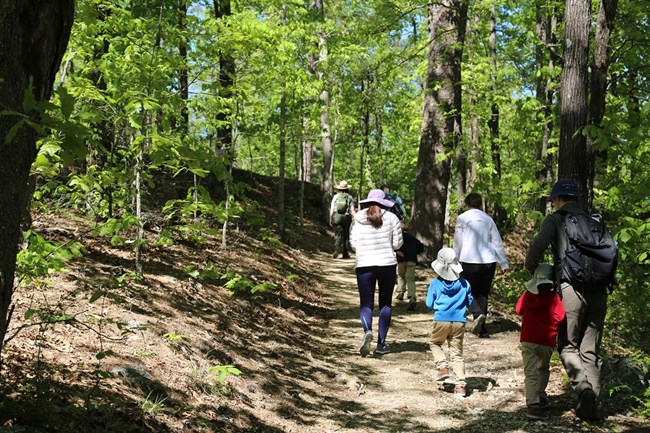
Perhaps the simplest, but potentially most challenging activity you can undertake is hiking the trails that no doubt encircle your campsite. Again, don’t obsess over the gear if this is your first or second foray on the trails. Get a good pair of boots or sneakers and stay on the established trails. You can choose to push the pace to make it exercise, or you can take an easy stroll to appreciate the flora, fauna, and landscape. Hiking is the cornerstone of so many outdoor activities that time spent walking in nature will never be time wasted.
Clean Our Land
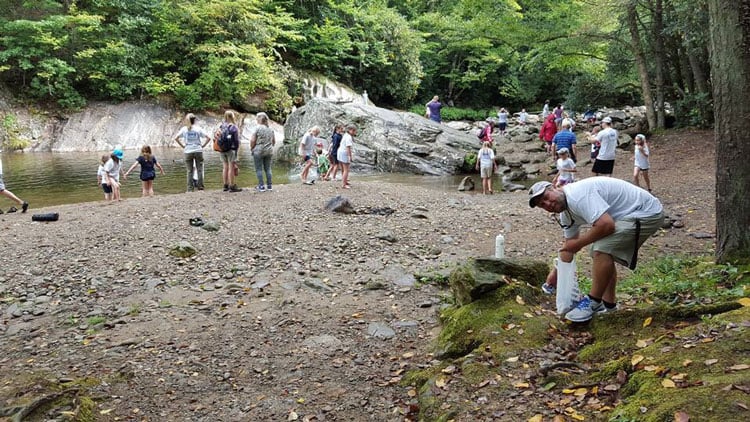
Most of you reading this will be spending time on public land of some sort if you are camping with friends and families. This is land we all own – whether local, state, federal – everyone in your community at some level contributes tax dollars to reserve and operate these spaces. For this reason, you should take it personally when someone throws trash on it. Movements like #trashtag have taken off because it simply feels good to get litter left by inconsiderate people off our beautiful land. By dedicating part of your relaxing camping trip to picking up litter – bags full or hands full – you will be helping make wild spaces safer for wildlife and other humans. As well, you will feel a sense of fulfillment and purpose that can’t be bought. Nothing builds a team out of friends or family members better than a shared purpose and some hard work.
